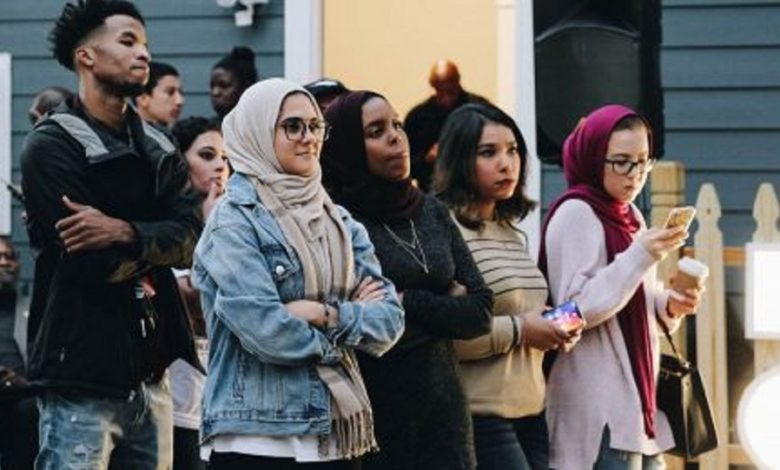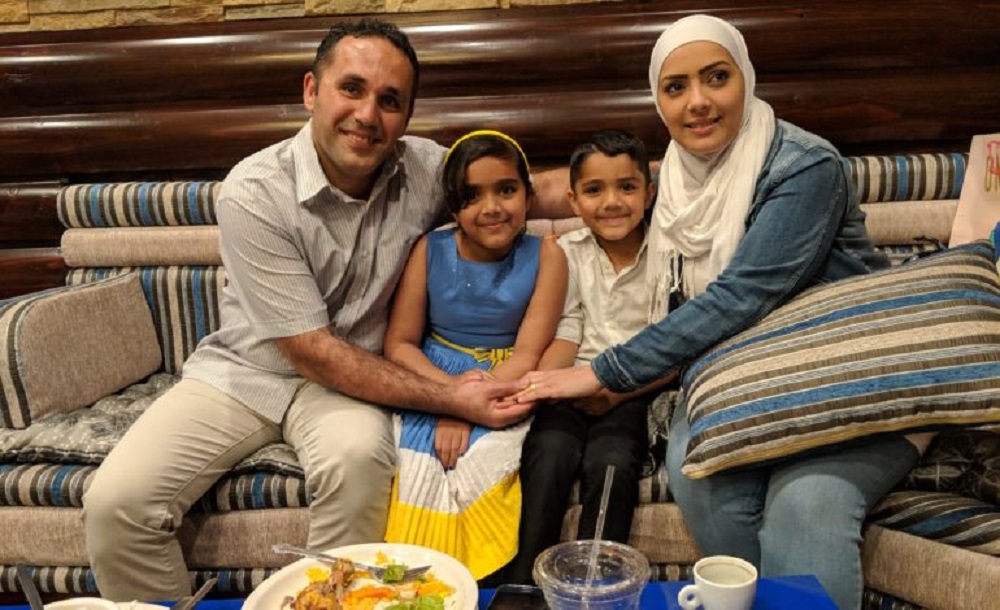Egyptian Muslim Communities in the United States: Centers, Culture, and Heritage
Explore where Egyptian Muslims live in the U.S., their cultural traditions, community life, and contributions to American society.

The Egyptian Muslim diaspora in the United States, though relatively small compared to other Middle Eastern communities, has established vibrant cultural, religious, and social networks across the country. Concentrated primarily in urban centers, these communities are active in preserving Egyptian traditions, Islam, and family-oriented values while integrating into American society.
Major Centers of Egyptian Muslim Population
New Jersey and New York
New Jersey, especially in towns like Paterson, Jersey City, and Edison, hosts a significant number of Egyptian Muslims. Paterson is sometimes referred to as “Little Egypt” due to its dense Arab population. Many families run businesses, restaurants, and import-export stores, while mosques and cultural centers offer Arabic-language classes and religious education. The greater New York City area, including Queens and Brooklyn, also attracts many Egyptian immigrants due to employment opportunities and community networks.
California
California is home to sizable Egyptian Muslim communities in Los Angeles, Anaheim, and San Diego. Southern California offers cultural events, Islamic centers, and Egyptian restaurants that preserve culinary traditions. The University of California system and other higher education institutions attract Egyptian students, many of whom remain in the state after graduation.

Michigan
Metro Detroit, particularly Dearborn and surrounding suburbs, is known for its large Arab-American population, including Egyptians. Dearborn’s mosques host Egyptian religious programs, while community associations organize cultural festivals, lectures, and charity initiatives.
Texas
Houston and Dallas have emerging Egyptian Muslim communities, primarily professionals, students, and entrepreneurs. Islamic centers in these cities cater to religious, social, and educational needs.
Cultural and Religious Life
Egyptian Muslims in the U.S. are active in mosque-based organizations, where they celebrate Ramadan, Eid, and other religious occasions. They maintain Egyptian culinary traditions such as koshari, ful medames, and mahshi, often adapting them to American ingredients. Cultural festivals, Egyptian film screenings, and music events help maintain a connection to their heritage.

Contributions and Challenges
Egyptian Muslims contribute significantly to their local communities, particularly in healthcare, education, and business. They also face challenges, such as preserving language and culture among younger generations and navigating integration while maintaining religious identity. Many community associations actively address these issues through youth programs, Arabic schools, and mentoring initiatives.
In summary, the Egyptian Muslim diaspora in the U.S. thrives in hubs such as New Jersey, New York, California, Michigan, and Texas, balancing preservation of heritage with integration into American society. Their cultural and religious contributions enrich the broader American Muslim landscape.



